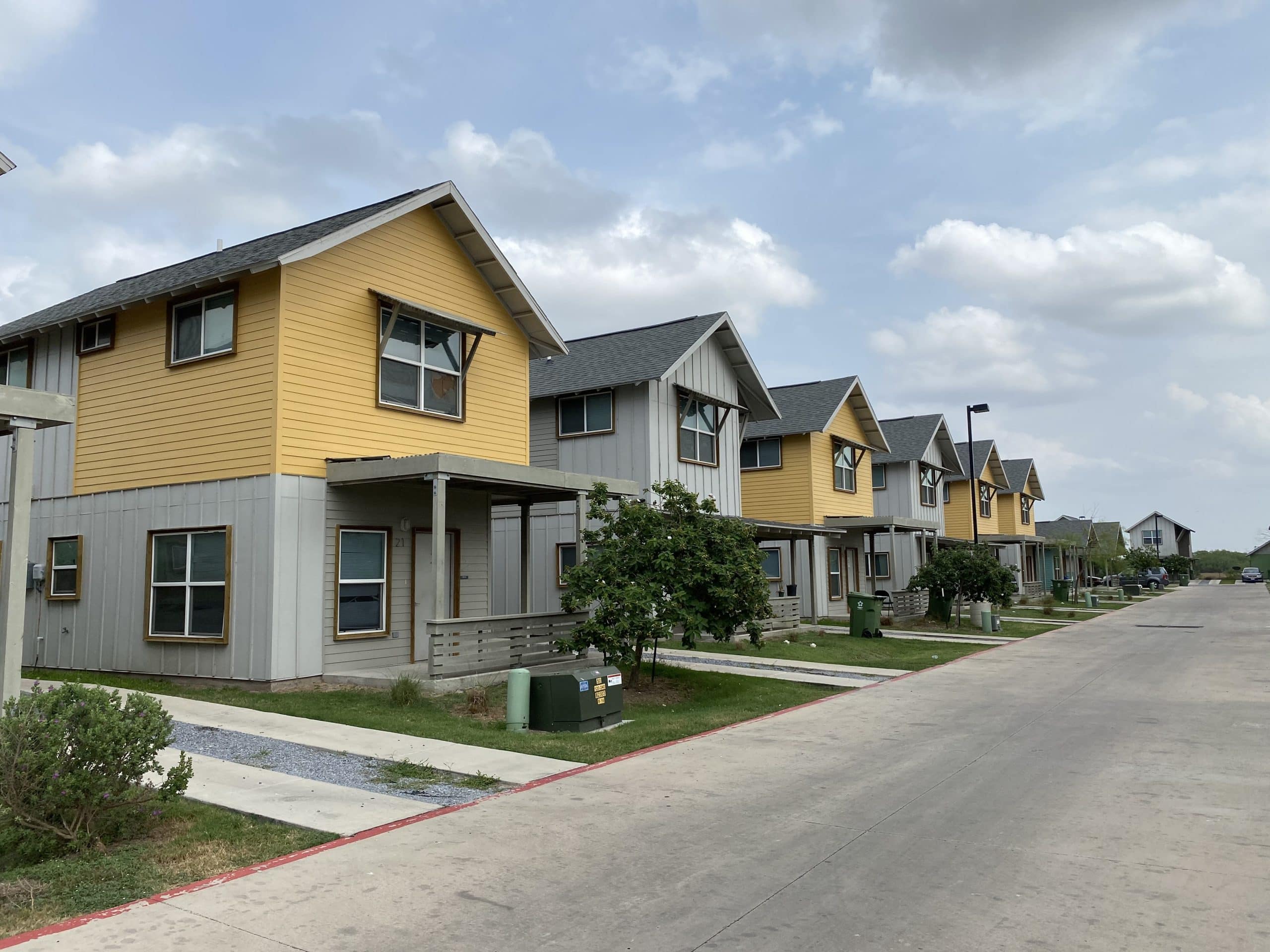A few weeks ago, I wrote about the growing hardships of people living a rural life. They tend to have less access to healthcare and resources, and the problem is made worse for the elderly or disabled.
That's why I immediately liked this story, broadcast recently on NPR, about a 911 dispatch center in rural Waldo County, Maine, that steps outside its emergency role to connect with older and disabled citizens. Participants in this “program,” are typically older people living alone who call the dispatch center every day to check in. That's the whole program.
As long as the person remembers to call, the staff at the dispatch center will know that that person is doing okay. If they're not, they can say so to whoever answers the phone, and help will soon be on the way. If they don't call, and they are supposed to, help will also be on the way, because the staff will know that something is wrong.
This remarkable program costs government and the citizens absolutely nothing, and it is a great way for a community to build connections and take care of its vulnerable citizens.




Comments